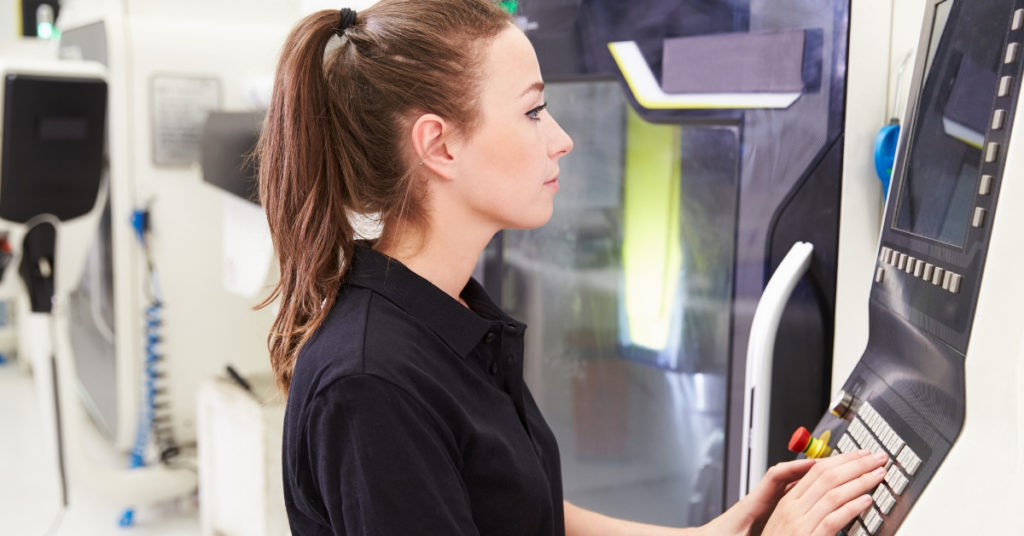Ireland needs more engineers today, with most people predicting this demand will go on long into the future. Therefore, there is a skills shortage that must be overcome and women are likely to be a key part of the solution.
Just how bad is the skills shortage problem, though?
The Skills Shortage
Let’s look first at how industries that require engineers are growing. According to Engineers Ireland, companies in Ireland will recruit as many as 6,000 new engineers during 2019.
Let’s put this figure in context – there are only about 3,000 college graduates each year entering the workforce with engineering degrees and qualifications.
Understandably, companies need an immediate fix to this problem. Those fixes include upskilling and reskilling existing employees. Another solution is to recruit engineers from other countries or entice Irish expat engineers to return home.
The Gender Gap
According to an Engineers Ireland survey conducted last year, 12 percent of engineering professionals in the industry are female while females make up just 16 percent of engineering graduates. This gender gap is particularly acute in sectors like manufacturing.
Having this gender gap isn’t just bad because of the engineering skills shortage in Ireland – it’s also bad for companies. Research has found that companies that have a gender balance that reflects wider society are more productive and profitable. Therefore, it’s good for companies to recruit more female engineers.
What Can Be Done
We all need to promote engineering as a career for women. This includes explaining the reality of working as an engineer to young female students – from primary through to TY students.
At SL Controls, we work with companies in the pharmaceutical and medical device manufacturing sectors. As a result, our engineers help these companies develop and manufacture medicines and devices that save lives, more effectively treat medical conditions, and improve health outcomes for patients all over the world.
Like other engineering careers, the skills required to work on these projects are broad ranging. Technical skills are necessary in addition to a range of other skills including:
- Problem-solving abilities
- Creativity and the ability to think outside the box
- Communication and teamwork skills
- Leadership skills
- And more
This is the sort of information young people should be aware of in addition to understanding the career prospects and opportunities that exist when you become an engineer. When they have this information, they can make an informed decision about which area of study to pursue.
Good Work
There is a lot of work in this area that is already ongoing, i.e. promoting engineering as a career to young people generally and to girls and young people more specifically.
The STEPS programme is one example. It gets its funding from the Department of Education and Skills and the Science Foundation Ireland. It’s an outreach programme that encourages primary and secondary school children to consider a career in engineering.
The I WISH initiative is another example. It focuses on young female students and encourages them to consider engineering as their future career. It organises conferences, workshops, and campus weeks at colleges across the country.
Then there is E-Cubers, an initiative that SL Controls is heavily involved with. One of E-Cubers main aims is to promote a new and emerging engineering discipline to students at all levels of education, from primary school students to postgraduates. That discipline is Equipment Systems Engineer, a role which will become increasingly important in the coming years and decades.
This push to get more young people, particularly women, to study and pursue a career in engineering must continue. More needs to be done, though.
Ireland needs more engineers and women are underrepresented in the sector – it’s an opportunity too good to miss.

